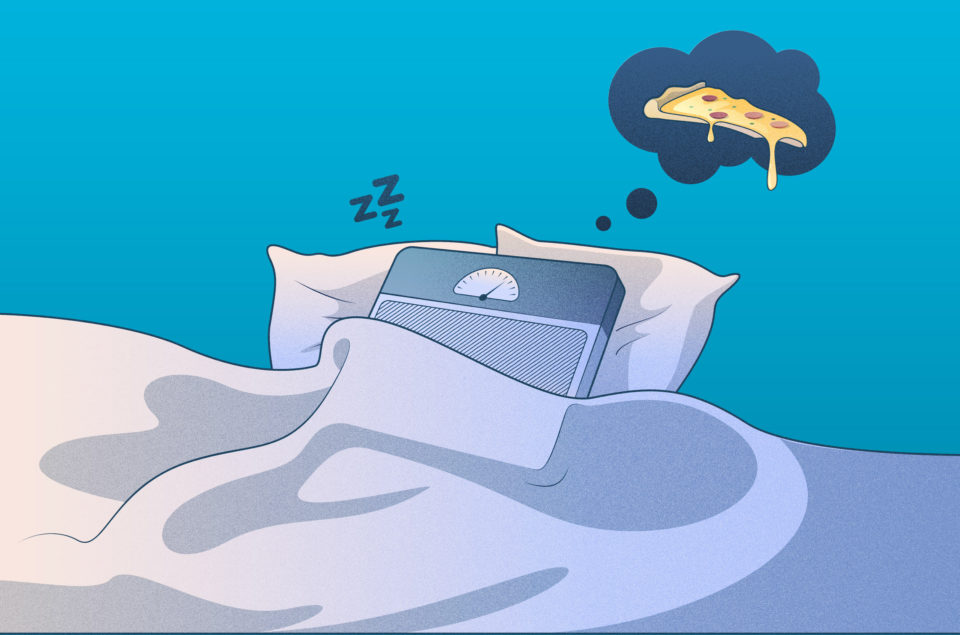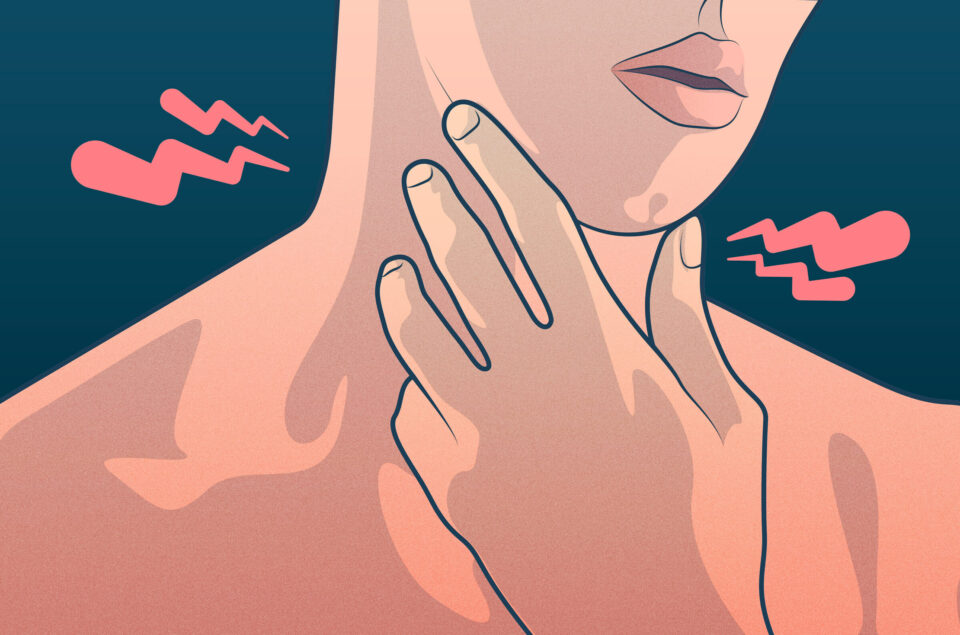Not sleeping too short, nor too long, but rather the just right number of hours (for most adults, this means around seven to nine) is an important part of healthy sleep. But it’s also about timing and consistency of sleep. Do you usually go to bed and get up at about the same time?
An increasing number of studies indicate that regularity in our sleep times is beneficial to physical and mental health. For instance, this recent study found a link between irregular sleep and cardiovascular disease. Considering that our brains are kind of routine junkies, the relationship between regularity in our sleep-wake cycle and well-being is not surprising.
Honor our circadian rhythm
The circadian rhythm is our bodies’ built-in 24-hour clock. It governs when we feel sleepy and when it’s time for wakefulness. This incredible biological feature regulates the sleep-wake cycle and enables our bodies to carry out essential functions and processes throughout a 24-hour period, such as metabolism and brain function.
The sleep-wake cycle is the most prominent of the circadian rhythms. The brain receives signals of light during the day which trigger alertness. At night, the brain receives signals of darkness which trigger the production of melatonin, the hormone that prepares us for sleep.
Countless studies have shown that disruptions in circadian rhythms can have far-reaching consequences to human health, from diabetes to obesity. A healthy sleep-wake cycle has been linked to both physical and mental wellness.
Taking care of our sleep-wake cycles
Gone are the days when we humans were entirely dependent on the sun to guide our sleep-wake cycles. We flip a switch and we have light. Modern technology gives us the options and the distractions to stay active when the sun goes down. Since our activity patterns are no longer strictly bound to the natural fluctuations in light, we are required to be more conscious about our choices to maintain healthy daily rhythms. We need to consider when we are exposed to light so that it best supports our circadian rhythm. In general, this means getting outside daylight during daytime and dimming the lights in the evening.
If you want to improve your sleep, it’s also a good idea to implement a calming-down period in the evening in which you only do activities that help you relax and wind down before bed. When it comes to bedtime, try to keep it consistent, even if social media, computer gaming and that binge-worthy TV show might be tempting substitutions for sleep. Instead, read a book or meditate and listen to relaxing sleep music available in the Sleep Cycle app.
This can be easier said than done. Remember that it’s usually easier to avoid temptations than resist them when they’re already there (and when you’re more tired). Will you really be able to turn off Netflix just because it’s time to wind down for bed when your favorite TV series is just getting exciting and the couch is so comfortable? If the answer is no, then try to find strategies to make it work.
Initially, you might find that sticking to regular bedtimes and wakeup times requires some effort, reminders and changes in habits. This is a process of relearning and requires patience. Trust that with time, if you stick to your new sleep routines, it will become easier and eventually will become a habit.










